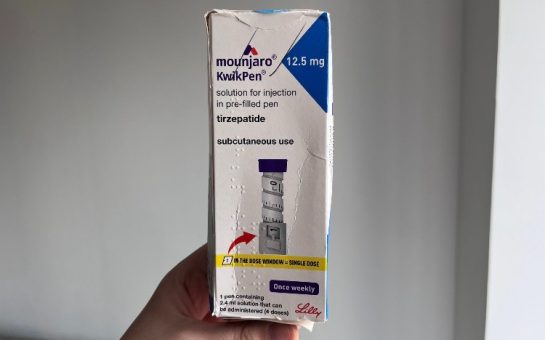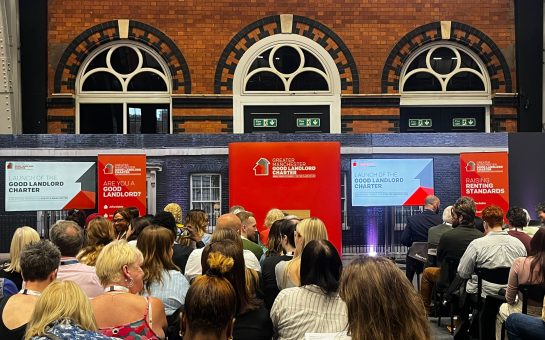Manchester may have a reputation for being the place where drugs and dance culture collide but figures obtained by MM show that the tag may be unwarranted.
On average less than one arrest a fortnight is made for possession with intent to supply in Manchester’s main party areas.
The figures, obtained by MM under the Freedom of Information Act, cover the whole of the city centre which includes Deansgate Locks, Sankeys, the Northern Quarter, The Printworks and Canal Street.
Also covered are Oxford Road’s pubs and clubs as well as whole of the largely student populated Fallowfield.
Police statistics show only 101 arrests for possession with intent to supply in these areas were made between October 2008 and November 2013.
This is in spite of club owners, staff and dealers saying narcotic use on nights out remains as high as ever, and is likely to do so for the foreseeable future.
One person on the front line of the war to get drugs into/out of the hands of Manchester’s clubbers is ‘T’.
Sitting in a large but fairly inconspicuous black hatch-back T reels off his menu of party supplements: “Coke, MD (MDMA), Ket (ketamine), pills, X (ecstasy) – whatever the party people are after really.”
Focusing just on the figures concerning the club drugs that T specialises in further depletes from the number of arrests made.
Just 47 people were detained in and around the city’s main party destinations for possession of MDMA, cocaine, ketamine or amphetamines with intent to supply in this 5 year period.
T said that despite the higher police presence many dealers are not intimidated by selling their wares in the same areas that they are consumed.
He said: “Unless you’re reckless, stupid or too flashy you’ll be fine, there’s a lot of money in taking what you’re selling straight to the places where people are gonna enjoy it.”
The stats perhaps confirm that those supplying Manchester’s clubbers have little to worry about.
From November 2012 to November 2013, 24 arrests for possession with intent to supply and 221 for personal possession were made in these hot spots.
This is down from the previous year when 37 and 261 were arrested respectively.
When asked how some clubbers and the dealers who supply them avoid detection T said: “The police don’t come in to the clubs and they can’t bother people driving around or even on the street corner unless they know for a fact what’s going on.
“I can sell Mandy (MDMA) hand over fist in some clubs. Let’s just say word spreads fast when people want to get on it and have a good time.”
In the areas the data covers just four people, less than one a year, have been arrested for selling MDMA since 2008.
This covers both the powdered form and more traditional ecstasy pills.
MDMA makes users feel energised, happy and more receptive to dance floor staples like loud music, bright lights and social interaction.
It and drugs like it also can have a well-documented darker side for some users.
The death of Nick Bonnie at the Warehouse Project last year was initially blamed on MDMA before it was found he ingested the similar but more potent PMA.
The men who supplied the substance to him were yesterday had their trials scheduled for the end of the month, the ultimately fatal transaction itself took place inside the venue.
Following Bonnie’s death, WHP boss Sacha Lord-Marchionne told MM that the political insistence to forcibly prise drugs from clubber’s hands was ‘out of touch’.
Mr Lord-Marchionne said: “Drugs are never going to disappear from dance culture. Ever. It’s doesn’t matter what you do it’s never going to happen.
“Obviously I’ve got to obey within legislation but if I was a politician and I wasn’t interested in winning or losing votes I think certainly the legislation needs looking at.”
In the wake of the tragedy Lord announced a scaled down line up of events for this year’s Warehouse Project schedule.
In a ground breaking move the club also proceeded to pair on the spot testing of substances seized in the club with social networking alerts about which ones had serious health risks.”
The Police response meanwhile included reiterations that buying and using illegal substances, especially in the heat of a night out, can have deadly repercussions.
GMP’s Chief Superintendent Mark Roberts said: “You cannot know how your body will react to the chemicals you are ingesting, and more importantly, you simply do not know what chemicals are actually in the drugs you are taking.
“Those who deal drugs have no regard for people’s health or well-being and GMP will continue to work with event organisers across the city and with the community to tackle this issue.”
‘Greg’, who didn’t want his real name published, has worked in promotions for a number of city centre clubs and says drug use is inevitable at venues which play dance music.
He said: “On some nights it seems like there’s more people in clubs selling drugs than buying them.
“People don’t even feel like they need to be careful about how open they are about it, everyone knows what the deal is.”
Debate internationally and at home about more robust policing, steps towards legalisation and stricter sentences for those involved in the drug trade continues.
Inside the clubs however most parties involved seem convinced the discussions will not affect what clubbers have access to on nights out.
When asked if it was normal for staff to allow drug use to go on Greg said: “I’ve been told by some owners that, in not so many words, I should just ignore it unless it’s really conspicuous.
“Even if a couple of people do get kicked out its a drop in the ocean, there’s no way you can separate drugs and clubbing.
“It’s like black and white, there’s literally no way you can have one without the other.”
Picture courtesy of Phillipa Willitts via Flickr, with thanks.



